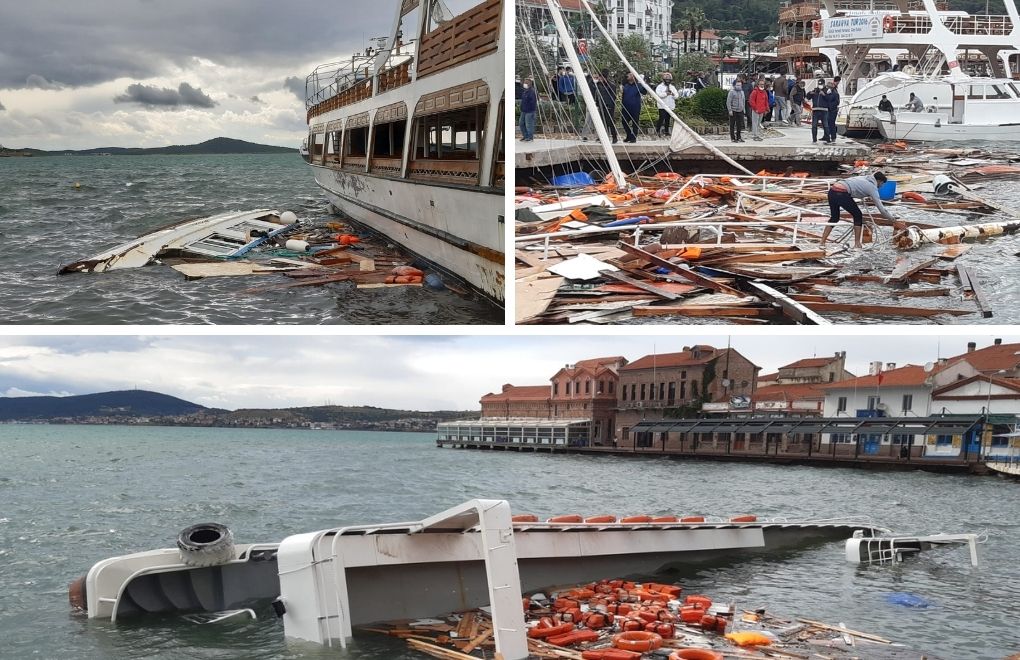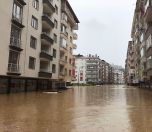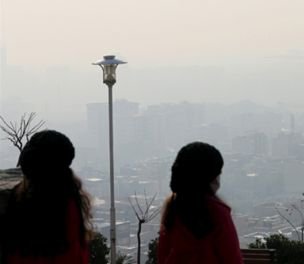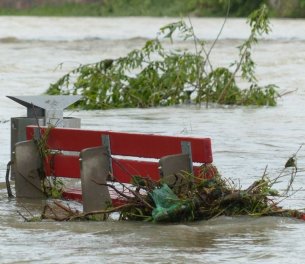* Photo: Ecosphere Association
Click to read the article in Turkish
The Ecosphere Association has stated that the incidence of extreme weather events, such as the recent storms in Balıkesir's Ayvalık and İzmir's Dikili, has seen a two-fold increase in the last 10 years.
Making a statement about the issue, the association has underlined that "if the climate crisis cannot be stopped, the number and severity of extreme weather events will increase." Noting that 2020 witnessed a record number of such incidents, the association has said:
"Scientific research has long been warning us against a possible increase in the number, frequency and severity of the extreme weather events caused by the climate crisis, which has arisen because fossil fuels such as coal, oil and natural gas are being used.
"The data of the Directorate General of Meteorology also confirms these warnings. That is, while Turkey saw 984 extreme weather events in 2020, it saw 935 extreme weather events in 2019 and 840 in 2018.
"In 2020, this number was 556, almost half of the one in 2020. While 30 percent of the extreme weather events seen in 2020 were extreme precipitation and flood, 27 percent were storms, 23 percent were hail."
'It is not a coincidence'
Speaking about the issue, Ecosphere Association Campaigns Director Özgür Gürbüz has said, "Every year we fail to stop or slow down the climate crisis, the problem is aggravated further" and added:
"Even though not every extreme weather event is caused by the climate crisis, we still know that the climate crisis increases the frequency, severity and number of such weather events. Our roofs that used to be able to withstand the storms are unable to do so any longer. We are forced to live with hail disasters in the cities, something we are not accustomed to see.
"Tornadoes have started to get closer to the coasts and inner regions. None of them is a coincidence and it is unfortunately inevitable that the losses of life and property will be greater in the cities that are not making preparations for the climate crisis in their infrastructure."
Concluding his statement, Özgür Gürbüz has underlined that if Turkey does not do the necessary, from ratifying the Paris Climate Agreement to changing the signboards on the streets, the disaster recently witnessed in the Aegean will also be seen in other regions in the future. (DŞ/SD)










